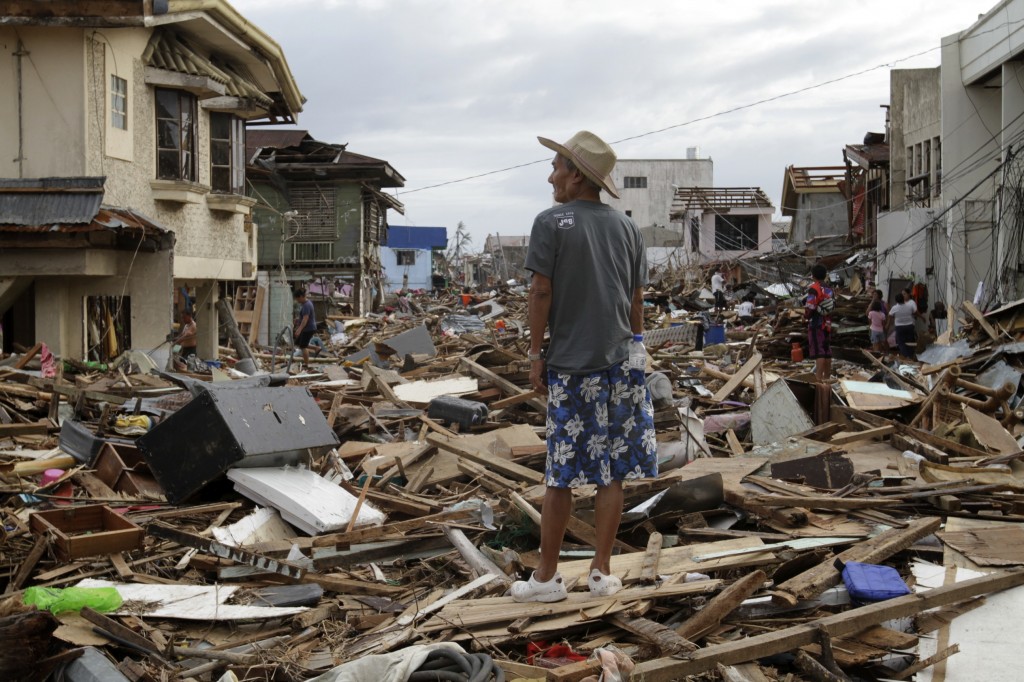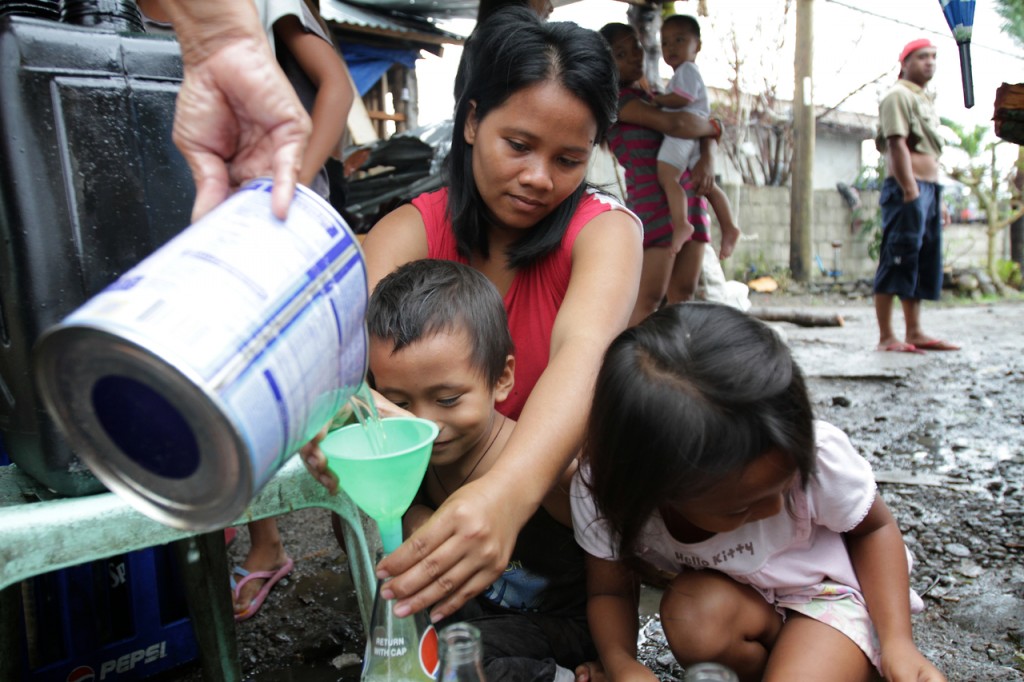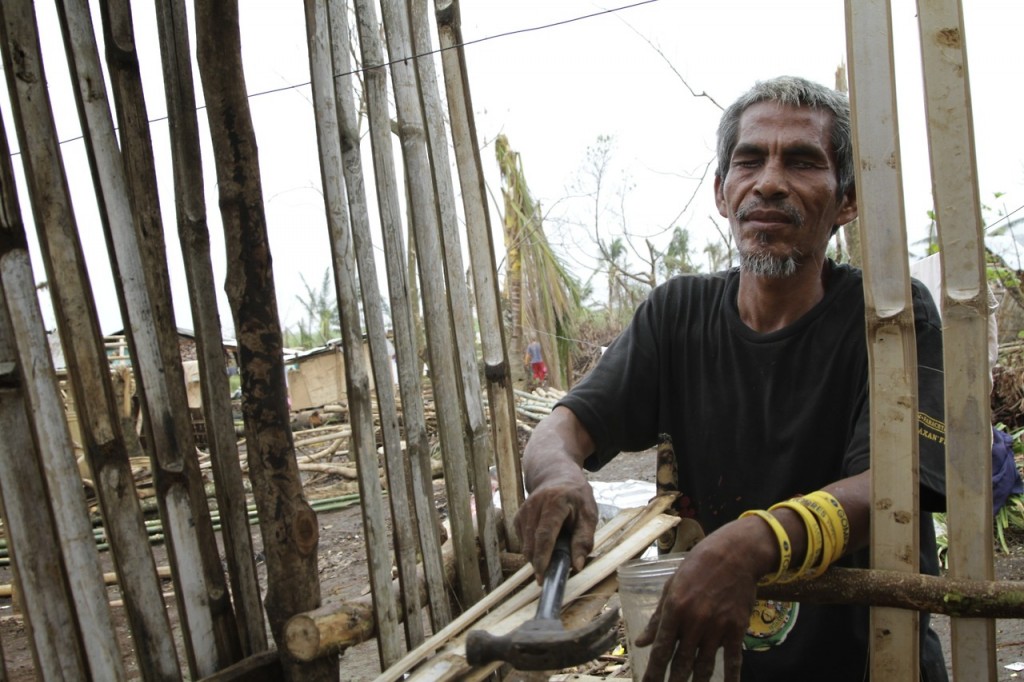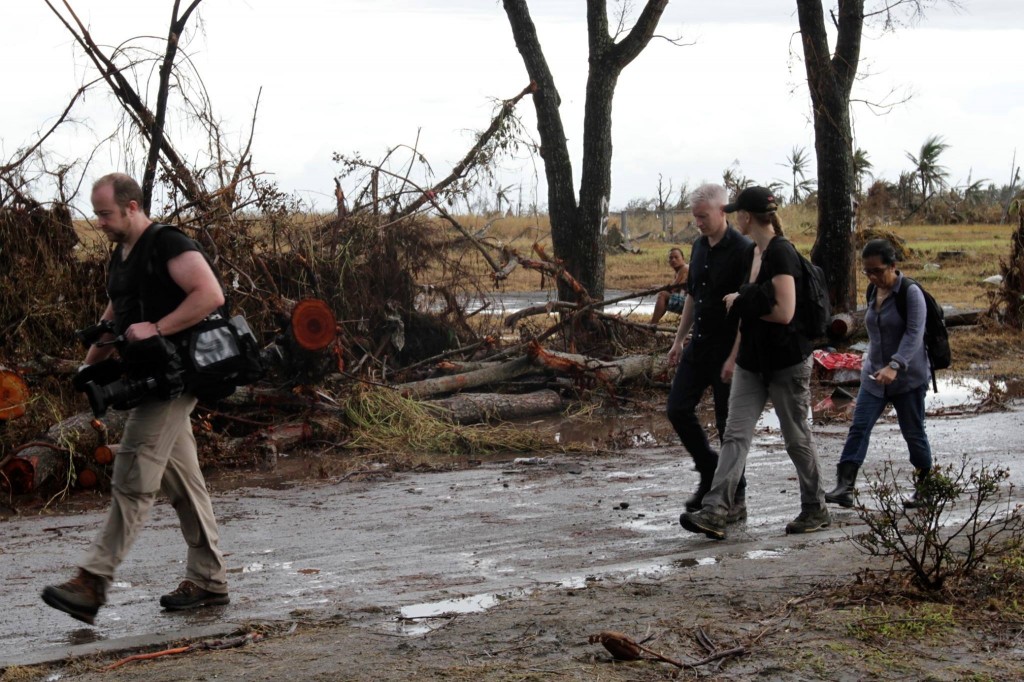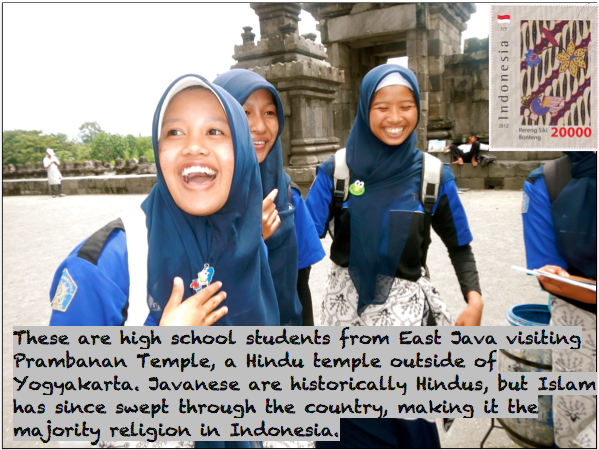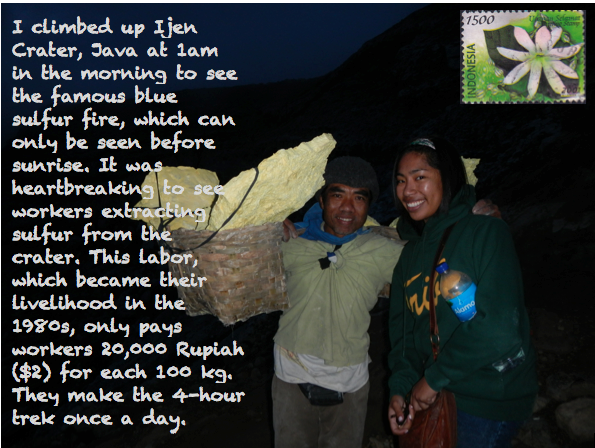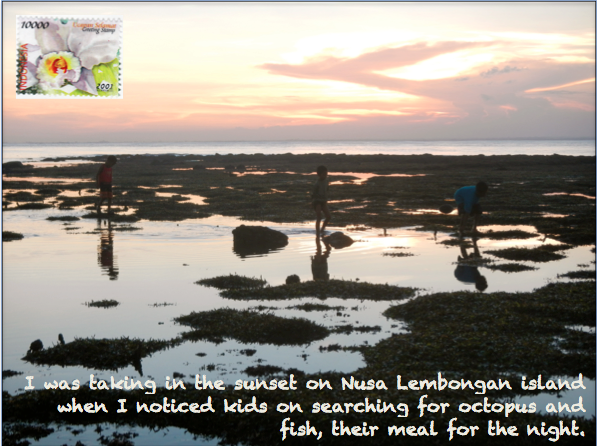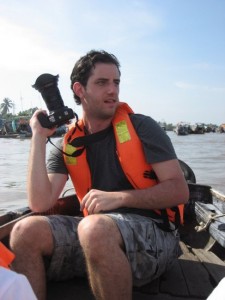 Meet Kent Truog, a photojournalist currently on the ground in the Philippines. Kent believes in the power of visual storytelling, and has been working on his craft since 2008. His work focuses on telling the stories of individuals in Honduras, Indonesia, Cambodia, and Kenya, many of which are rarely seen in today's media. Kent has helped to shed spotlight on endangered dolphins in Thailand and Cambodia. He has even worked with social entrepreneur and impact speaker Mark Gonzales on suicide awareness and prevention.
His most recent work has been covering the aftermath of natural disasters in the Philippines, including the earthquake that hit the Visayas, as well as Super Typhoon Yolanda (Haiyan). In this interview, Kent gives on the ground insight to the situation in Tacloban. He continues to update his social media networks on his experience there, weeks after the typhoon crashed into the PI. For regular updates, follow Kent on Tumblr and Twitter @kenttruog.
Meet Kent Truog, a photojournalist currently on the ground in the Philippines. Kent believes in the power of visual storytelling, and has been working on his craft since 2008. His work focuses on telling the stories of individuals in Honduras, Indonesia, Cambodia, and Kenya, many of which are rarely seen in today's media. Kent has helped to shed spotlight on endangered dolphins in Thailand and Cambodia. He has even worked with social entrepreneur and impact speaker Mark Gonzales on suicide awareness and prevention.
His most recent work has been covering the aftermath of natural disasters in the Philippines, including the earthquake that hit the Visayas, as well as Super Typhoon Yolanda (Haiyan). In this interview, Kent gives on the ground insight to the situation in Tacloban. He continues to update his social media networks on his experience there, weeks after the typhoon crashed into the PI. For regular updates, follow Kent on Tumblr and Twitter @kenttruog.
1. What brought you to the Philippines? How long have you been there?
I’ve been living in Southeast Asia off and on for about four years now. During a stint in Cambodia, I was lucky enough to meet a girl with a similar passion for international aid work, which has since taken us to India and now the Philippines. We’ve been in the Philippines since April 2013.
2. What do you do there?
I work as a freelance documentary filmmaker and photographer.
3. When did you reach Tacloban? Have you been to other areas hit by Super Typhoon Haiyan/Yolanda? What is it like?
I was in Davao on the island of Mindanao when the storm hit, having just returned from Bohol, where I was documenting the relief work from the recent earthquake that devastated the island. I was immediately summoned to Leyte, with a first response team of an international NGO, to survey the damage. With the Tacloban airport out of commission, we had to fly into Cebu, where we then took one of the few ferries in operation to Ormoc -- a town a little over 100km from Tacloban. We had no idea what to expect upon arrival, as Ormoc also received extensive damage, and due to some travel delays, we didn’t arrive until about 10pm at night. Except for a few candles burning, it felt like a quiet ghost town. You cold see dark shadows in the damage behind the pier. One of the team members walked into town and found us a hotel that still had open doors (albeit no running water or electricity), so we stayed there the night.
The next morning, we found a jeepney willing to take us to Tacloban. The military had already begun to clear the roads, but the normally two-and-a-half hour journey took closer to six. We arrived in Tacloban the third day after the storm hit, and the sights on the ground were hard to process. There was devastation everywhere. Few buildings were left standing.
4. Are there any particular events that you've encountered (since the typhoon, or even the earthquake) that have made you question your work or what you're doing there? Are there any events that have reminded you why what you do is so important?
Not at all. Although Typhoon Haiyan has been by far the hardest even I’ve covered, my experiences in Bohol, and with Typhoon Phailin prior to that in India, prepared me well for everything I've experienced here in the Philippines. I knew what I was getting myself into, but seeing loss of life is never easy. All I can do as a storyteller is to help the rest of the world see what the people of the Philippines are going through, and help build a bridge between the international community and the people of Samar, Leyte, and Cebu. The Filipino people are amazing and are handing this calamity with a strength that is really inspiring. Each day I visit the field, I find more people and more communities, working hand in hand and helping each other rebuild. It’s inspiring.
5. Have you been able to identify the major need in areas hit by the typhoon, or even the country as a whole in general? What can Pilipinos who are currently not living in the Philippines do to help?
The devastation is so extensive it’s been really hard to mentally process at times. I just wish that aid could rain from the sky. There are a lot of good NGOs out there doing great work. Find one you trust and believe in. A little bit of money can go a long way here.
6. Based on your experiences thus far, do you have any advice for our Filipino leaders, who are still figuring out their passion/work in life?
For those living abroad, return home if you can. Get to know your roots. The Philippines is an amazing place with wonderful culture and great diversity. I’m grateful to be able to live here at the moment and tell stories throughout this magnificent island chain.
Photo credits: Kent Truog

